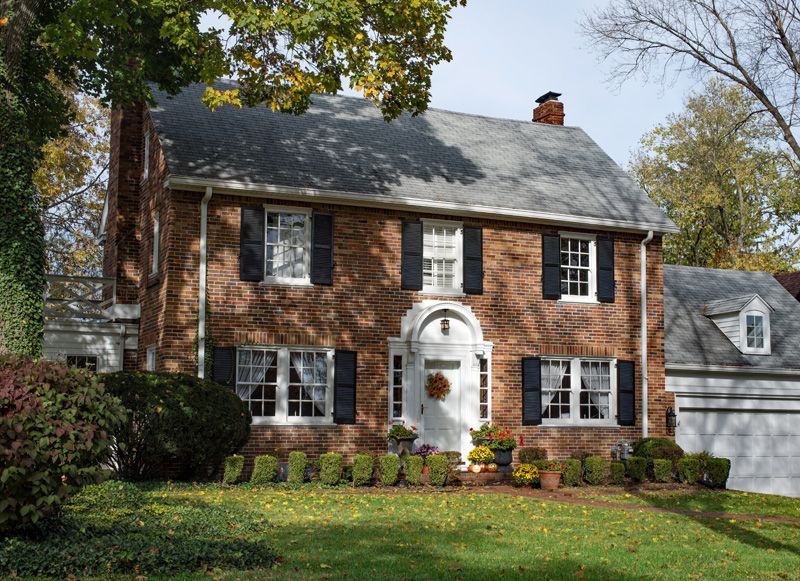
Plants as Energy Bills Money Savers
Plants as Energy Bills Money Savers
Did you know that your garden, from carefully placed trees to drought-tolerant plants, may help you save money on your electricity bills? With energy prices on the rise, now is the time to get outside and discover how your garden might benefit…
How plants can save energy bills and money:
- Conserving energy is beneficial to the environment as well as saving money when it comes time to pay one’s energy bill. It is also a huge business for businesses, as they develop new and improved ways to assist customers in achieving these goals. Planting trees, on the other hand, is a straightforward, long-term, and very affordable approach to do. Trees may greatly lower one’s energy expenditure including during the summer and winter months; the trick knows which trees to utilize and where to put them.
- During the summer, trees may provide shade and reducing the demand for air conditioning, lowering the need to use power to cool the home. The potential to do so is contingent on several factors. 1) the use of large deciduous shade trees, and 2) their positioning. Deciduous trees are green trees that are full and lush in the summer but shed their leaves in the fall and winter The shade provided by these trees will assist to deflect the heat of the summer sun; however, leaf loss and winter immobility are more important for winter energy demands.
- The trees must be strategically placed to get the greatest advantage. This entails tree planting on the northwest, south, and west, faces of the house in places where they will block the windows. To decrease any blockage of the view, trim the lowest branches of the trees since this will have little effect on their capacity to obstruct the sun’s rays.
- Aside from planting trees in these areas, it is also helpful to plant additional trees over sidewalks, decks, and patios. Offering shade over air conditioning units will increase the machine’s effectiveness and allow it to operate colder when required. A person might easily save up to thirty percent on his or her cost by correctly planting the appropriate plants.
- Winter may also harm energy costs owing to the overuse of heaters to heat one’s living space. Deciduous trees, as originally said, shed their leaves throughout the winter. This lets the winter sunshine through and heats the house. Plant evergreen plants, including ferns, to the northwest of the house. The trees will let in the warm sunshine while acting as open areas to keep out chilly winter winds. As a consequence, homeowners may save anywhere from 10% to 50% on their winter energy expenditures. Planting evergreens to the east or west should be avoided since they will obstruct the warming sun.
- In the summer, this natural option gives shade, and in the winter, it gives warmth. As a consequence, it saves a large amount of energy and money when cooling during the summer and heating during the winter. Furthermore, trees assist to purify the air and may increase the price of a house.
